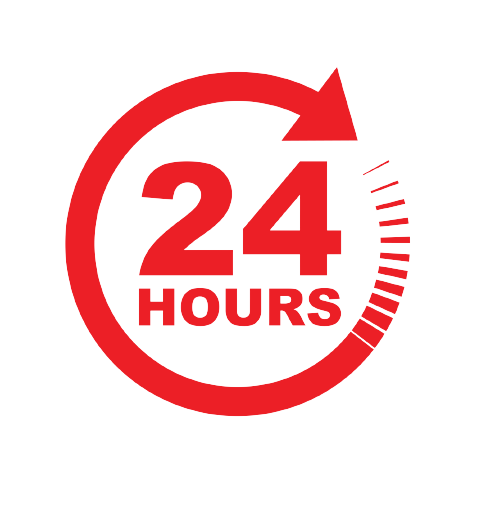
Whether you’re finalizing a real estate transaction, signing a legal document, or taking care of other essential paperwork, a traveling notary in Florida can make the process more convenient by coming to you. To ensure your appointment goes smoothly and efficiently, it’s crucial to be well-prepared. Here’s a comprehensive checklist to help you get ready.
-
Confirm the Appointment Details
- Date and Time: Double-check the date and time of your appointment with the notary. Ensure that you’ve set aside enough time for the process, taking into account any potential delays.
- Location: Verify the location where the notary will meet you. Whether it’s at your home, office, or another convenient spot, make sure the notary has the correct address and any necessary entry instructions.
-
Understand the Documents You Need Notarized
- Document Review: Before the appointment, review the documents you need notarized. Make sure they are complete and accurate. The notary cannot provide legal advice, so it’s essential to have any legal questions answered beforehand.
- Document Preparation: If you need multiple documents notarized, organize them in the order you want them signed. This will help streamline the process.
- Copy of Documents: If the notary requires copies of any documents, ensure these are ready. Some documents may need to be printed out if they are only available digitally.
-
Bring Proper Identification
- Acceptable IDs: In Florida, you’ll need to present a valid government-issued photo ID. Acceptable forms of identification include:
- A state-issued driver’s license or identification card
- A U.S. passport or a passport issued by a foreign government, stamped by the U.S. government
- Military ID
- Another state or federally recognized ID card with your photo and signature
- ID Review: Ensure that your ID is current (not expired) and in good condition. If your ID has expired, the notary may not be able to proceed.
- Acceptable IDs: In Florida, you’ll need to present a valid government-issued photo ID. Acceptable forms of identification include:
-
Ensure All Signers Are Present
- Multiple Signers: If multiple parties need to sign the documents, ensure everyone is present with their identification. The notary must witness each signature in person.
- Remote Signing: If remote notarization is an option, check the specific requirements and technology needed to facilitate this process in Florida.
-
Prepare Any Witnesses Required
- Witness Requirements: Some documents, like wills or deeds, may require witnesses in addition to the notary. Confirm with the notary how many witnesses are needed and whether you need to provide them or if the notary will bring them.
- Witnesses’ Identification: Witnesses must also have valid ID, so ensure they are prepared as well.
-
Set Aside the Notary Fee
- Understand the Fees: Traveling notaries charge for their services, including a travel fee. Confirm the cost beforehand and have the payment ready. Some notaries accept credit cards, checks, or digital payments, while others may prefer cash.
- Receipt Request: Ask for a receipt if you need one for your records, especially if the fee is tax-deductible or reimbursable.
-
Choose a Quiet, Well-Lit Location
- Work Environment: Select a location that is quiet, well-lit, and free from distractions. This ensures the notary can perform their duties without interruptions and that the documents are easy to read.
- Table or Desk: Ensure there is a flat surface, like a table or desk, where you can comfortably sign the documents.
-
Review Any Additional Requirements
- Special Documents: Some documents may have unique notarization requirements, such as the presence of an attorney or additional verification steps. Confirm these details ahead of time.
- Language Considerations: If the documents are in a language the notary does not speak, you may need a translator. Ensure the notary is aware of any language needs before the appointment.
-
Communication Is Key
- Phone or Email Confirmation: A day or two before the appointment, confirm the details with the notary via phone or email. This helps avoid any last-minute confusion.
- Emergency Contact: If something changes, such as a delay or a change in location, have the notary’s contact information on hand to update them promptly.
-
Post-Notarization Checklist
- Document Review: After notarization, review the documents to ensure everything is correctly filled out and signed. The notary’s stamp and signature should be present in the appropriate places.
- Storage: Store your notarized documents in a safe place. If they are digital, ensure you have a secure backup.
By following this checklist, you can ensure that your appointment with a traveling notary in Florida is smooth, efficient, and free of any last-minute complications. Being prepared not only saves time but also helps you avoid any potential legal issues that could arise from improperly notarized documents











Leave a Reply